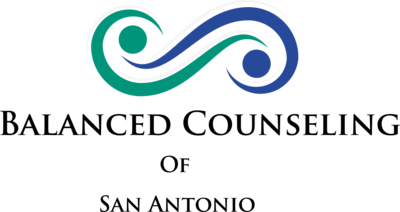4 Subtle Signs of Trauma: When You’re Dealing with More Than You Think
When you think about someone experiencing trauma, incidents such as a violent or sexual assault or a terrible car accident might come to mind. But there are other, subtler forms of trauma that can negatively affect our lives and hinder our relationships.
Emotional trauma is often overlooked and minimized, and we may think we’ve “gotten over” some emotional pain that we’ve simply buried, and not dealt with. A break up, being passed over for a promotion at work or even a simple but negative childhood experience can cause emotional trauma. Read on to see if you recognize any of these four subtle signs of trauma in yourself.
Overwhelm
Anxiety and stress may develop in the aftermath of trauma, causing you to feel overwhelmed in numerous ways. You might feel out of control, like there is too much to do, or that people in your life are taking up too much of your time and attention. If you often feel as though your life has become unmanageable, this could be a sign that you have some unresolved emotional trauma.
Overreacting
Emotional overreactions are a common symptom of trauma. A victim of trauma might redirect their overwhelming emotions towards others, such as family and friends. Because these undealt with emotions are always bubbling under the surface, any incident that brings feelings forward can unleash these pent-up emotions. If you can recall times when you’ve overreacted, and perhaps have even been surprised at your own reactions, this may be a sign of trauma.
Shame
It’s not uncommon for people suffering from emotional trauma to have feelings of shame and self-blame. If you have feelings of shame because of a traumatic event, you may devalue yourself or see yourself as weak. You might feel a stigma from what you endured, and this may prevent you from admitting that you may be traumatized, or prevent you from seeking help.
Daydreaming
Another subtle sign of trauma is “zoning” or “spacing out.” You might feel disconnected from others or have difficulty staying present in social situations. Emotional trauma can cause you to slow down internally, numbing your emotions or causing you to feel exhausted. Because of the trauma you experienced, you may be averse to the expression of painful emotions, so you turn those emotions off. As you withdraw, your relationships with others suffer, causing you further psychological pain.
If these signs seem familiar and you believe you may be suffering from trauma, help is available. A caring, licensed professional trained in trauma treatment can help. Take the first step by giving me a call today, and let’s set up a time to talk.
The post 4 Subtle Signs of Trauma: When You’re Dealing with More Than You Think appeared first on Balanced Counseling of San Antonio.





